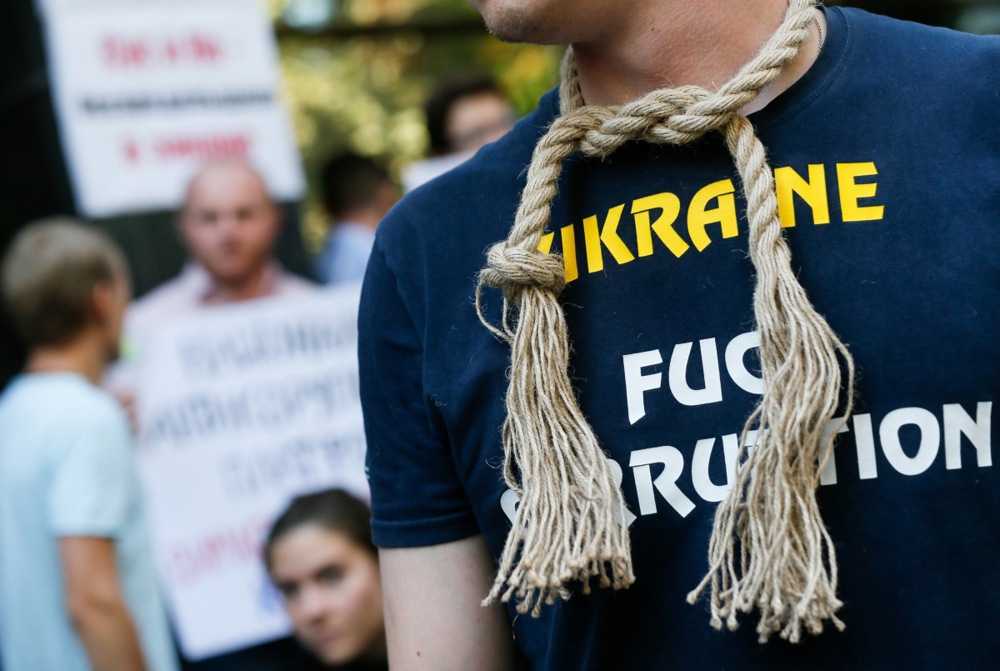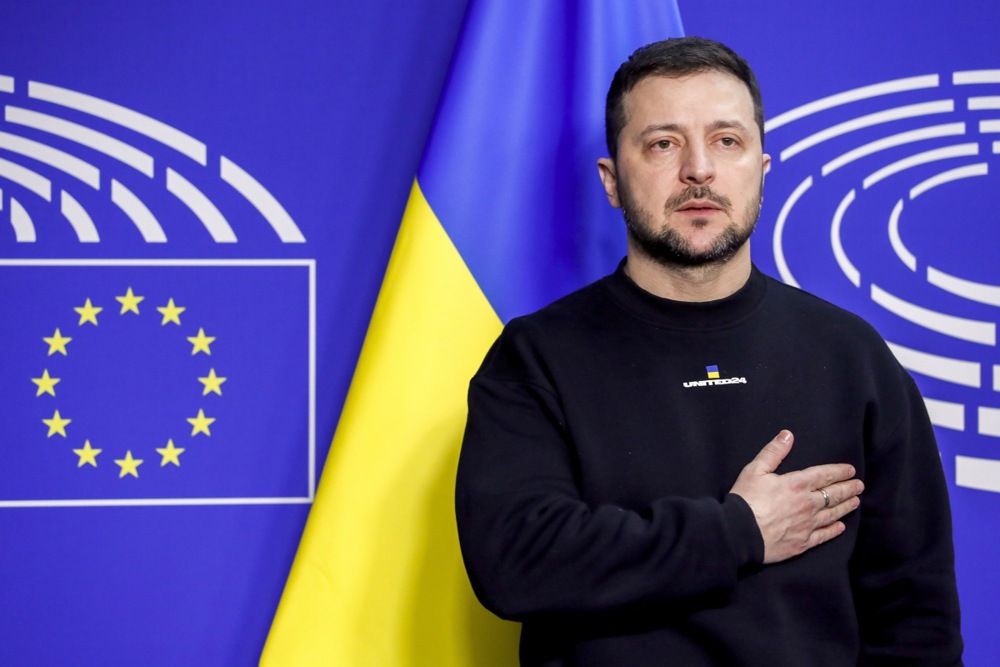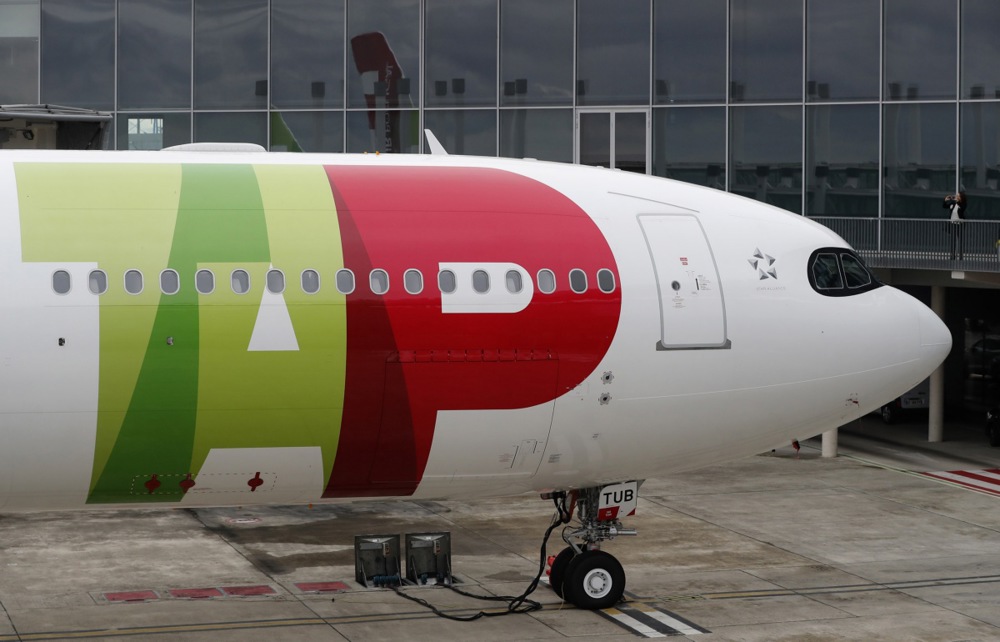Pro-Kremlin forces are meddling in Moldova’s upcoming presidential election by paying off tens of thousands of voters in a sweeping plot to derail Chisinau’s bid for closer European Union ties, police said on Thursday.
Incumbent Maia Sandu has portrayed the October 20 contest as a test of her pro-European politics. It will be held alongside a referendum asking voters whether Moldova should be able to join the bloc.
Sandu, who is seeking a second term, has long accused Russia of attempting to overthrow her government through various means, a charge Moscow denies.
National police chief Viorel Cernautanu said more than 130,000 Moldovans had been bribed by a Russia-managed network to vote against the referendum and in favour of Russia-friendly candidates in what he called an “unprecedented, direct attack.”
“We are faced with the widespread phenomenon of financing and corruption with the aim of disrupting the electoral process in Moldova,” Cernautanu told reporters.
He said some $15 million (€13.6 million) had been transferred in September alone to accounts opened at Russia’s Promsvyazbank.
The most vocal opponent of EU membership, fugitive pro-Russian businessman Ilan Shor, who was convicted last year in absentia for his role in the theft of $1 billion (€0,9 billion) from Moldovan banks, offered payments last month to anyone who voted against European integration in the referendum.
Shor, speaking to Russia’s TASS news agency, described the allegations of bribery as an “absurd spectacle” and accused Sandu’s Party of Action and Solidarity of accepting money from Western nongovernmental organisations.
Writing on his own Telegram channel, Shor said Moldova under Sandu “has been turned into a police state for good,” referring to the detention of five of his supporters by prosecutors this week on charges of illegal financing of political parties.
Moldova, which has a Romanian-speaking majority and large Russian-speaking minority, has alternated between pro-Russian and pro-Western governments since the 1991 breakup of the Soviet Union.
A record 11 candidates are standing in this month’s contest, with Sandu holding a comfortable lead in opinion polls.
Meanwhile, Moldova’s largest mobile phone operator, Orange Moldova, said it had blocked access to five Russian-language or Russia-oriented sites in response to an official order. But the sites appeared to be still available to many users.
Moldovan authorities have blocked access to more than 20 media outlets since last year, but many can still be reached.





